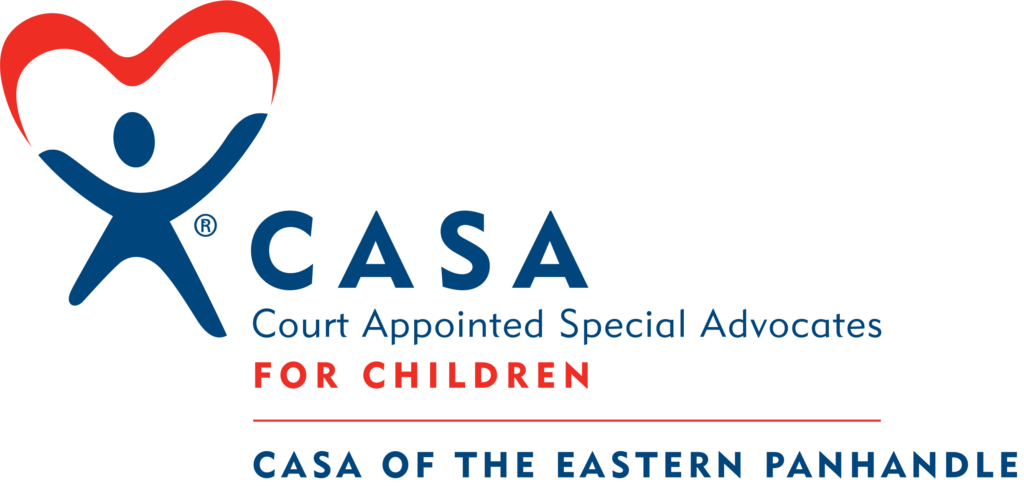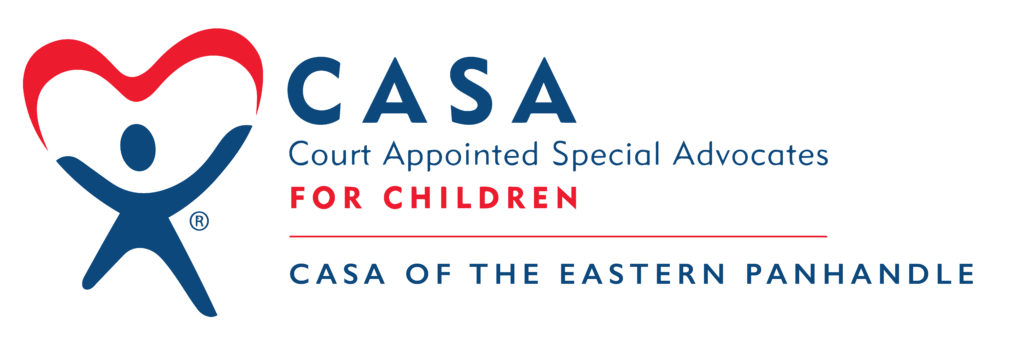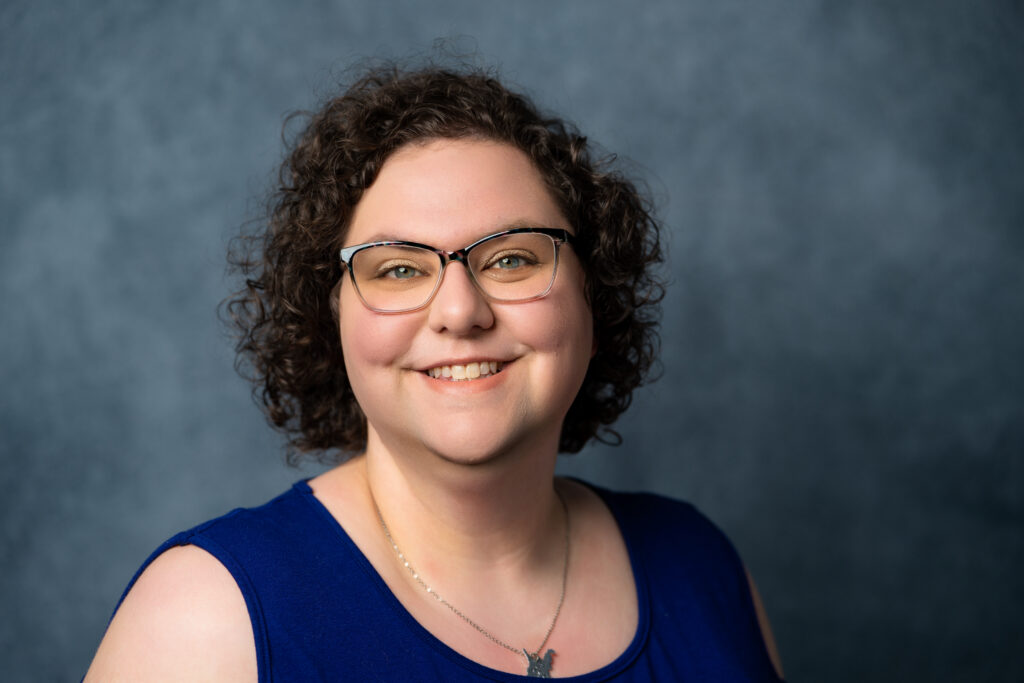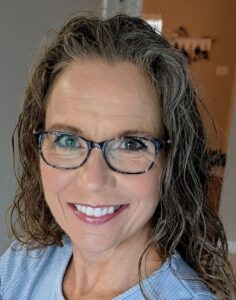When Sara Gordon first heard about CASA of the Eastern Panhandle, it was as a foster parent—trying to navigate an often confusing system on behalf of the children in her care. She understood that CASA volunteers existed to advocate for kids in foster care, to be their voice in court and in life. But, as she puts it, “None of my kids, though, through the years had a CASA.”
That all changed with a Facebook post.
Sara stumbled across CASA’s Youth Leadership Summit—an annual weekend event that brings together teens in foster care or kinship placements to learn life skills, build confidence, and connect with each other. She signed up her son, unsure of what to expect.
“I can remember dropping him off the first year,” Sara recalls. “He was just an absolute bundle of nerves. I thought, okay, I’m not sure how this is going to pan out.”
But when she picked him up, everything had changed.
“It was like we picked up a new kid. He was so positive. He believed in himself again. And as a kid who had been bounced around to six different places, he had lost his sense of self. The Youth Leadership Summit and the Fostering Futures Program gave him his ability to believe in himself again.”
That moment marked the beginning of something bigger—for her son, and for Sara.
Now, she’s part of the CASA team herself, serving as the Youth Support and Resource Coordinator for Berkeley County. In her role, Sara supports teens and their families, especially those involved in the juvenile justice system or in kinship care. She connects them to resources, helps them navigate services, and provides a stable, compassionate presence—something that can be hard to find for youth who have moved from home to home.
“Fostering Futures is a safe space,” she says. “It’s something consistent in their lives. Every month they come together, and you can see it—their invisible backpack comes off the moment they walk through the door. They just become themselves.”
For many of the teens in the program, CASA’s support is the first time they’ve had anyone help them prepare for adulthood. The program teaches essential life skills—how to cook, manage money, apply for jobs, build relationships, and more. Skills that are often missed when a child’s world is constantly shifting.
“Those skills are what’s going to set them up to break the cycle,” Sara explains. “That’s the whole goal. We want them to learn to advocate for themselves—but more than that, we want them to understand that foster care is part of their story, not their whole story.”
Sara knows firsthand that when youth feel seen, supported, and believed in, incredible transformation is possible. Her journey—from foster parent to proud CASA staff member—is proof of that. If Sara’s story inspired you to make a difference in a child’s life, visit https://www.mycasaep.org/volunteer/ to start the process of becoming a CASA volunteer!




